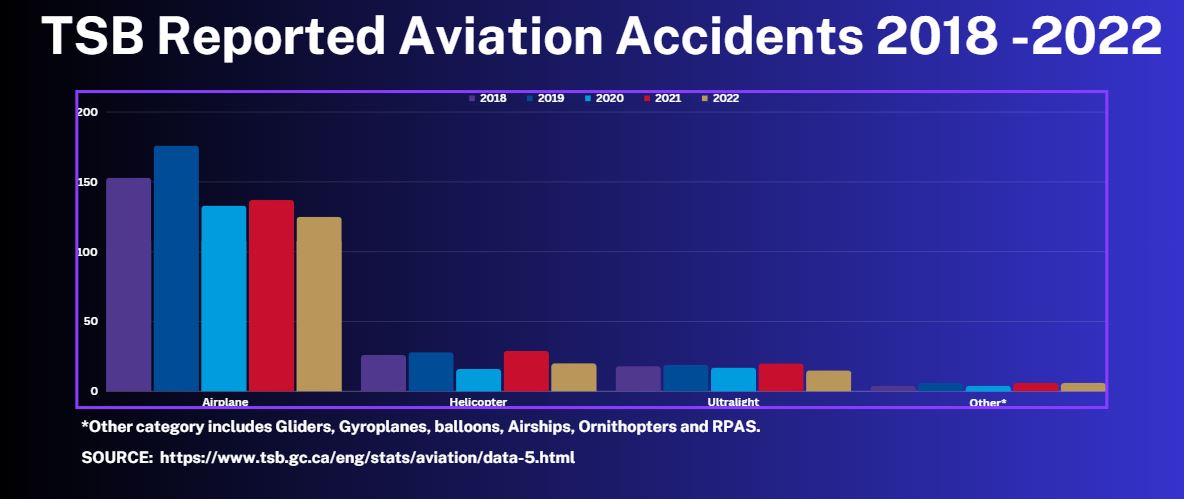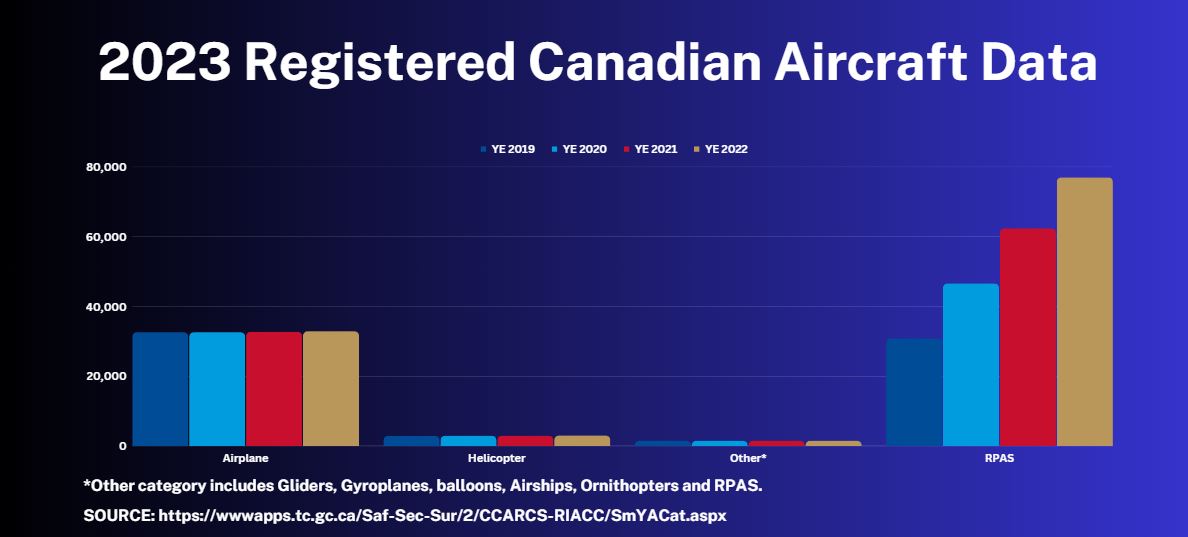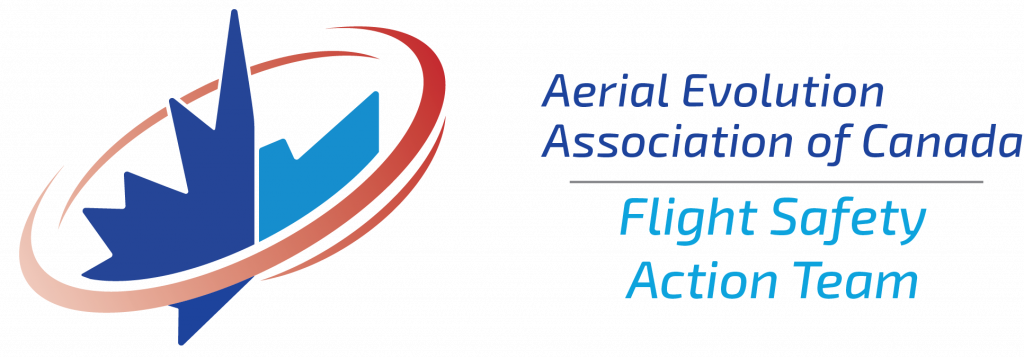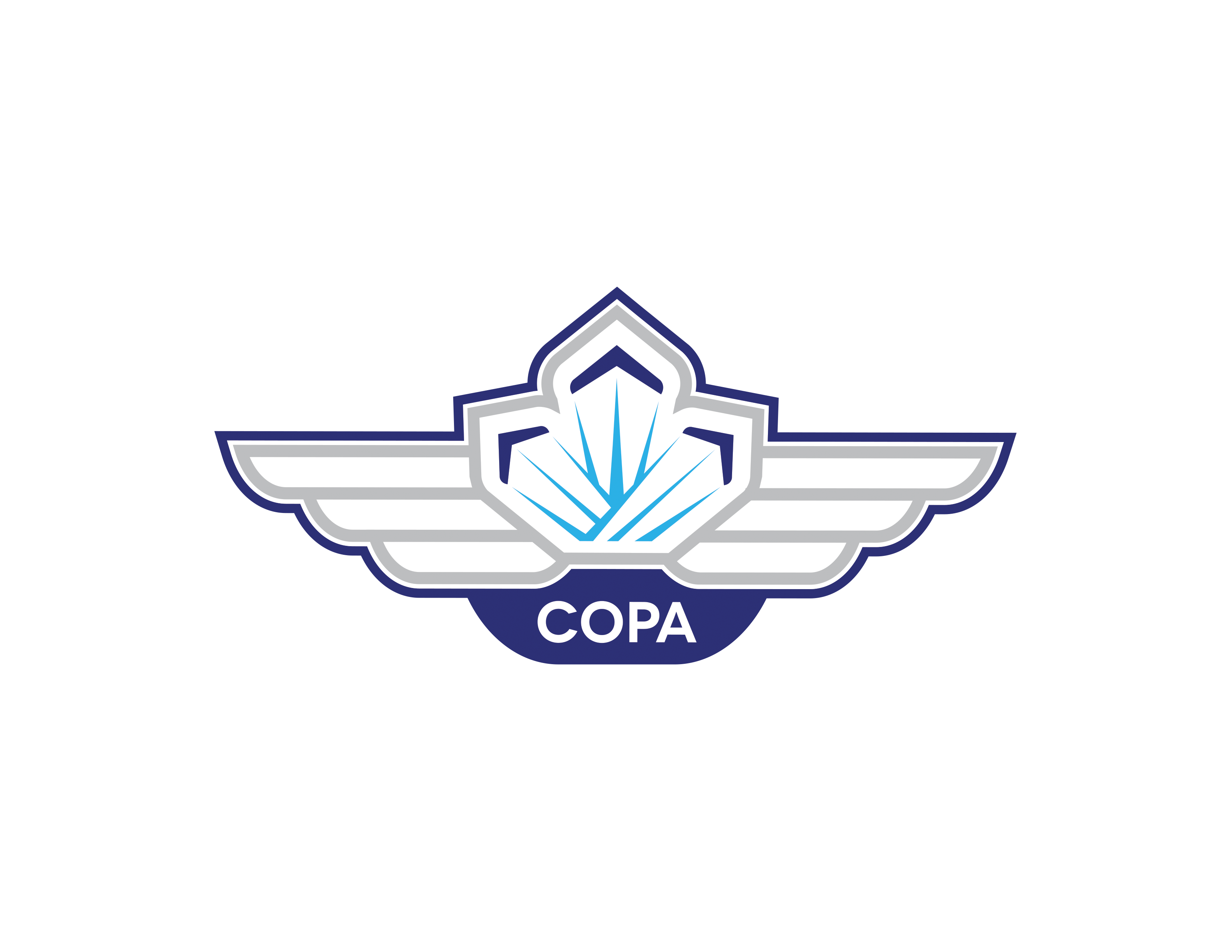Constituted in 2019, the Flight Safety Action Team provides strategic direction and leadership to ensure the creation of a dynamic community which empowers RPAS operators to share their flight safety related experiences and learn as an industry to grow safer. Several industry partners are now contributing actively to the initiative.
The National RPAS Safety Management System helps operators increase the safety of their flight operations by supporting the investigation and prevention of occurrences and by creating an experience sharing environment. The National RSMS collects flight safety occurrence data and supports the investigative and prevention process of all contributing operators. The collected data is anonymized and aggregated to be shared with the contributing community, thus providing the members with a wealth of knowledge to learn from.
If you run into any issues – contact [email protected] directly.






